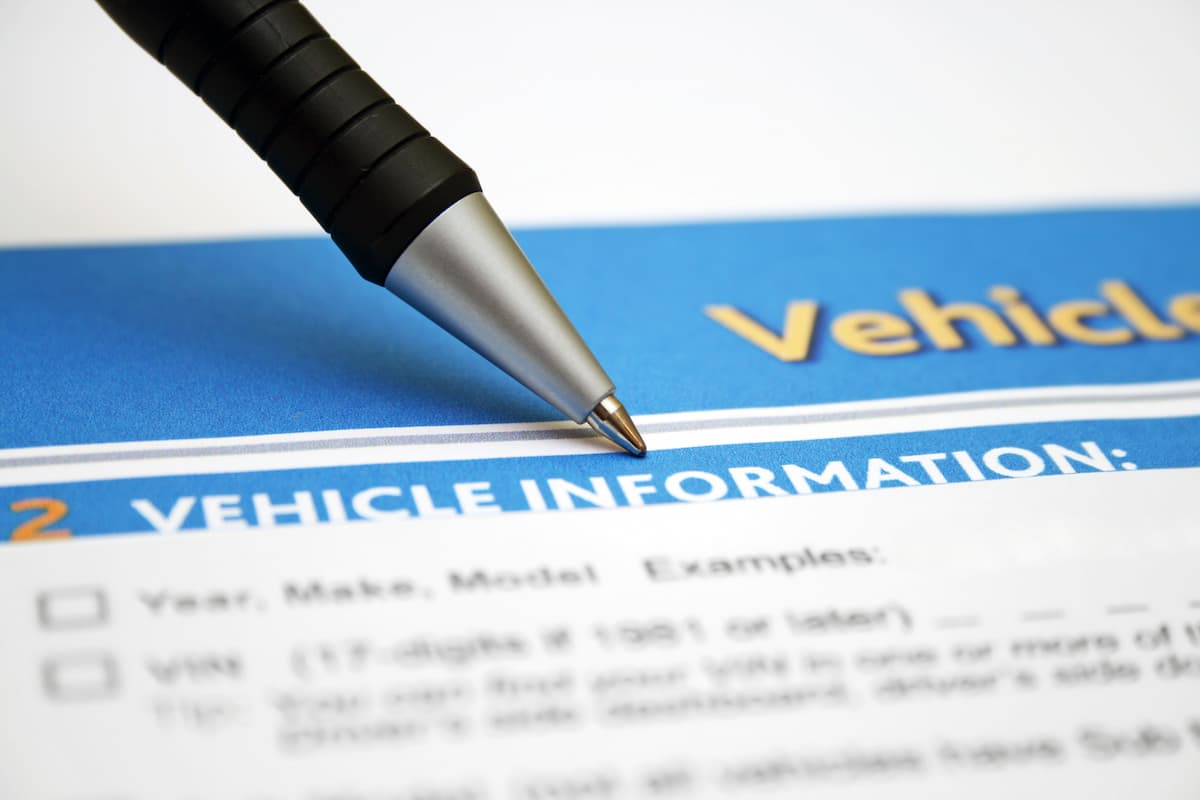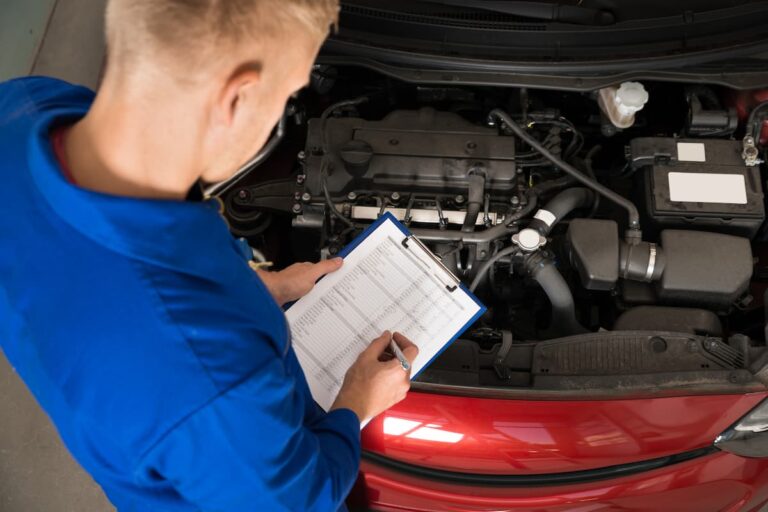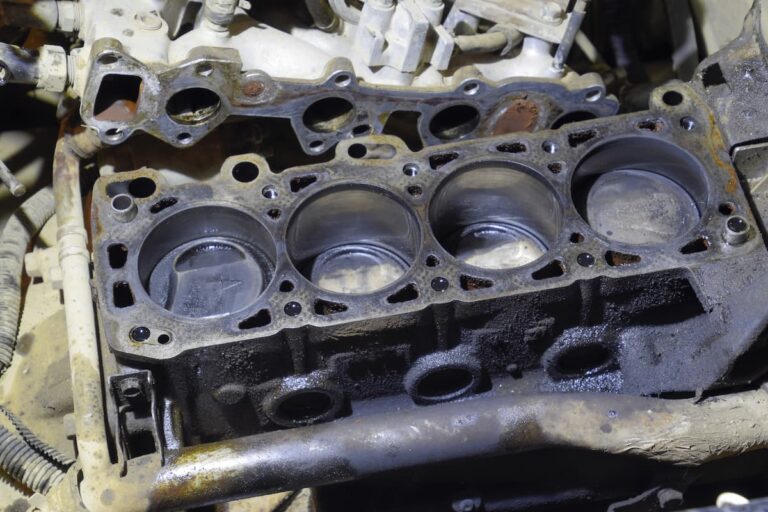Can A Car Be Registered In Two States?
The rules and costs of car registration vary by state, but no matter where you live, you must register your vehicle for insurance and tax purposes.
But what if you have a home in more than one state? Can you register a car in two states?
It’s illegal to register a car in a different state than you live in if you’re looking to avoid higher fees or find lower insurance rates. Some states allow for dual registration, but you’ll have to pass inspections and have insurance in both. Generally, you must register a vehicle in the state that matches your driver’s license.
Registering a Car in More Than One State

It’s rare for anyone to need to register their vehicle in more than one state. Registering your car is complicated enough without trying to do it multiple times.
The first things you need to understand are the basics of vehicle registration.
Vehicle Registration Basics
To drive a vehicle legally, it must be registered with the state. To complete the registration, you’ll need the vehicle’s information and proof of ownership.
When your car is registered, you’ll receive your license plate, which you must display according to state laws.
Without registration, you can’t get insurance. Driving a vehicle without insurance is illegal in many states.
Each state sets its own vehicle registration laws, including the regulations for passing inspections.
Vehicle inspections usually assess safety and environmental factors, and some states (like California) have stricter laws than others.
Working airbags, seatbelts, etc., are all required by law, and an inspection will determine whether your car is road safe.
Older vehicles may be grandfathered in for emission levels, but in many cases, you’ll need to install a regulator to keep emissions as low as possible.
Generally, you must register your vehicle in the state you live in, and it should match the state that issued your driver’s license.
Do Your Registration and Driver’s License Have To Be From the Same State?
Laws between states vary, but for the most part, you need a state driver’s license to register your vehicle in that state. There are exceptions, of course, but these are rare.
Eight states allow you to register your vehicle with an out-of-state license: Delaware, Indiana, Kentucky, Maine, Massachusetts, New York, North Dakota, and Pennsylvania.
You must still provide proof of residence to register your vehicle in these states.
For most states, when you move residence, you’re required to apply for a new driver’s license in the new state. Temporary moves can complicate the situation, so you’ll need to confirm what applies to you.
In some cases, you can have a registration that doesn’t match your license, but only if you have additional permits.
Short visits to any state (i.e., less than 30 days) don’t require changes to your vehicle registration. If you’re staying somewhere for longer than a month, it’s a good idea to check what laws you’ll need to comply with.
There are a few exceptions where your license and registration don’t have to match, or you don’t need to change either while residing in a different state.
College students can go to school and reside in a state without changing their driver’s license or vehicle registration. Generally, they will also stay on their parent’s insurance.
If the registration and insurance costs are lower where you go to school, you can swap over to that state. You just need a student ID and proof that you’re attending school in the new state.
Military personnel can maintain their registration and insurance in their home state, no matter where they are stationed. They also have access to plenty of insurance and fee discounts.
For those with homes in multiple states, you only have to register the vehicle in one state. Usually, this is where you reside and drive most of the time.
You can register in both states if you split your time evenly, but you’ll be paying fees, passing inspections, and purchasing insurance in both.
How dual registration works will vary by state, so stop by the local DMV to verify requirements.
So Can You Register a Vehicle in Two States?
If you own two homes, you might think you must register your vehicle in both states.
It’s an option, but it’s not required.
In most cases, you register your vehicle in the state that matches your driver’s license. Generally, this is the state that’s considered your primary residence.
If you have multiple vehicles, you should register them where they are usually parked.
You can register your vehicles in both states if you split the time evenly between your two addresses. Requirements will depend on which two states you reside in.
Registering Vehicles in Multiple States
If you have multiple homes and multiple vehicles, you can register them in more than one state.
You’ll need proof of residency in the states you wish to register them in or evidence that the vehicle is in that state most of the time.
You’ll need to purchase insurance in each state and comply with all state laws.
It can get complicated, but you can get assistance from the local DMV or your insurance agent.
Conclusion
It is possible to register your vehicle in two states, but it is rarely necessary.
Generally, you need to register your car in the state that issued your driver’s license, and most states don’t allow dual registration.
If you own more than one home, you should register the vehicle with the state of your primary residence or the one where the car sits.
Dual registration should only be considered if you evenly split your time between states. Consult your local DMV for the rules that apply to you.






